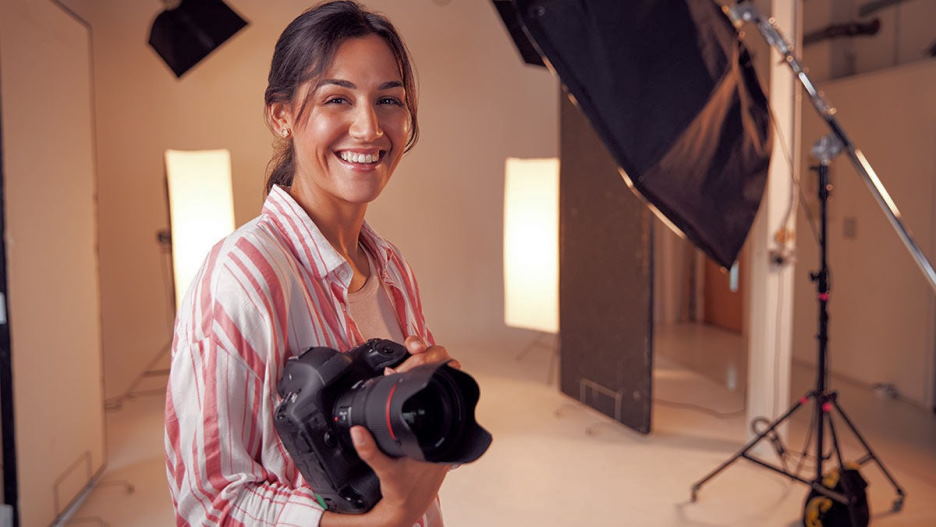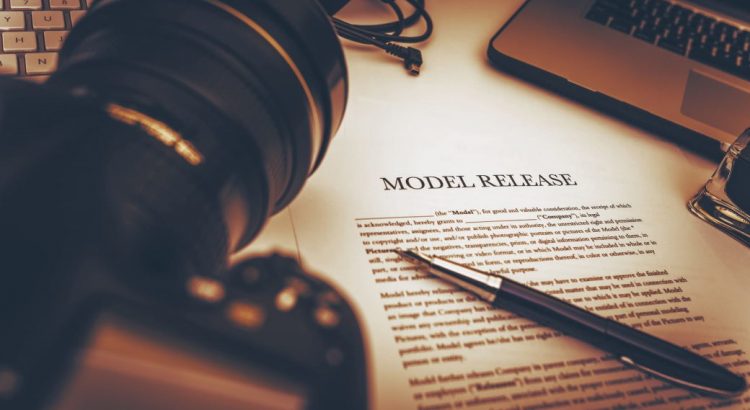Every photographer, whether amateur or professional, should be familiar with the photography laws that govern their country or state. These laws can vary significantly from place to place, so it’s important to do your research before you start shooting. Depending on where you are, you may need a permit to photograph certain subjects, and there may be restrictions on where you can shoot. Familiarizing yourself with the law will help you avoid any problems down the road. Here is a rundown of the most important photography laws every photographer needs to know.
A comprehensive guide to photography laws
Photography legislation is complex and can vary from state to state. However, here are some of the more common laws that photographers should keep in mind when shooting photos:
- Privacy Laws: Photographers must respect the privacy of their subjects. This means not taking pictures without permission or consent, especially when photographing people in public places. It’s also important to be aware of the different regulations around photographing children.
- Copyright Laws: Photographers own the copyright on any images they take, meaning no one else can use them without permission or a license. Photographers should always register their work with the U.S. Copyright Office for added protection against infringement by others.
- Drone Laws: Federal laws limit where and how drones can be used. In some areas, professional photographers may need to register or obtain a license before using a drone for commercial purposes. Research the local regulations in your area before taking flight with your drone camera.

- Public Property Laws: When photographing public property such as parks, museums, monuments, etc., make sure you’re aware of any restrictions that apply to photography. Some places may require permits for photography or prohibit certain types of shots altogether.
- Model Release Forms: When shooting photographs of people for commercial use, getting a signed model release form from the subject(s) is important. This document grants permission from the subject to use the photos in commercial products and marketing materials.
- By familiarizing yourself with the various laws that relate to photography, you can ensure your work is safe from legal issues. Additionally, understanding photography laws can help protect the rights of photographers and their subjects.
- Professional Standards: As a professional photographer, it’s important to maintain high standards of quality and ethics when conducting your business. This includes using accurate descriptions for images, not misrepresenting the people in your photos, and adhering to copyright laws by properly crediting all sources used in creating an image (i.e., models, locations, etc.). These are just some ways photographers should strive to uphold ethical practices.
By taking the time to understand and follow photography laws, photographers can ensure their work is legally sound and ethically responsible. This allows them to focus on creating beautiful images they’re proud of without worrying about potential legal issues.
What you need to know about your rights as a photographer
Many countries have laws that give photographers the right to privacy when they take photos in public places. This means you cannot be forced to delete a photo or stop taking photos without your consent if it is taken in a public place. However, this does not mean you are allowed to photograph people without their permission – even if it’s in a public place. Photographers should always respect someone’s privacy and ask for permission before taking photos of them, as it can be considered an invasion of their privacy.
It is also important to understand what you can and cannot do with your photos after they are taken. Depending on the country or state, there may be restrictions on how you use your photos – for example, some countries may require you to obtain permission before publishing or selling your photos. Additionally, if you plan to use someone else’s photo in any way, such as on a website or in an advertisement, ensure you have the proper rights and permissions before doing so.

Finally, be aware that certain countries may have specific laws regarding photography that you must abide by. Therefore, before traveling to a new place for photography purposes, make sure you are familiar with local legislation regarding photography so that you can stay safe and legal while taking photos.
Understanding your rights as a photographer is essential when protecting yourself and your work from potential infringement issues. Knowing the various laws related to copyright, privacy and usage will help you stay informed and avoid any legal complications.
Remember, always respect the rights of others when taking photos – whether in a public or private place. With these simple tips and knowledge about your own rights as a photographer, you can ensure that you are creating original works that will be respected for years to come.
By understanding the various laws related to photography, you can protect yourself from potential infringement issues and create work that photographers and non-photographers respect. Keep these key points in mind when taking photographs so that you can feel confident knowing your work is fully protected. And always remember to ask permission before taking photos of someone else’s property or people! Good luck!



